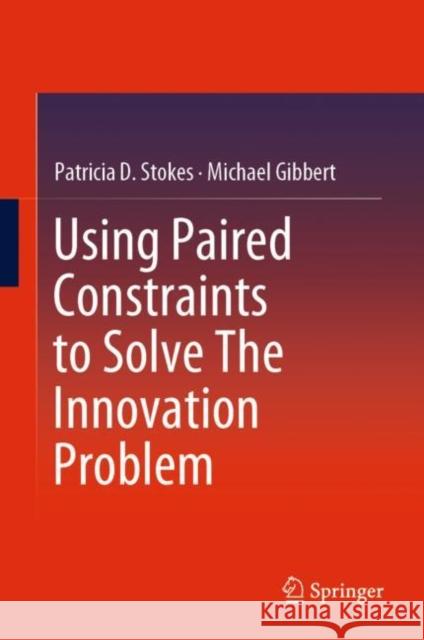Using Paired Constraints to Solve the Innovation Problem » książka
topmenu
Using Paired Constraints to Solve the Innovation Problem
ISBN-13: 9783030257705 / Angielski / Twarda / 2019 / 85 str.
Using Paired Constraints to Solve the Innovation Problem
ISBN-13: 9783030257705 / Angielski / Twarda / 2019 / 85 str.
cena 410,09
(netto: 390,56 VAT: 5%)
Najniższa cena z 30 dni: 385,52
(netto: 390,56 VAT: 5%)
Najniższa cena z 30 dni: 385,52
Termin realizacji zamówienia:
ok. 16-18 dni roboczych.
ok. 16-18 dni roboczych.
Darmowa dostawa!
Kategorie:
Kategorie BISAC:
Wydawca:
Edizioni Della Normale
Język:
Angielski
ISBN-13:
9783030257705
Rok wydania:
2019
Dostępne języki:
Ilość stron:
85
Oprawa:
Twarda











